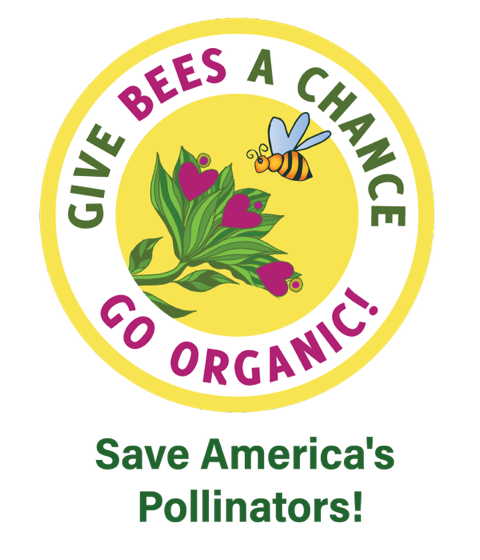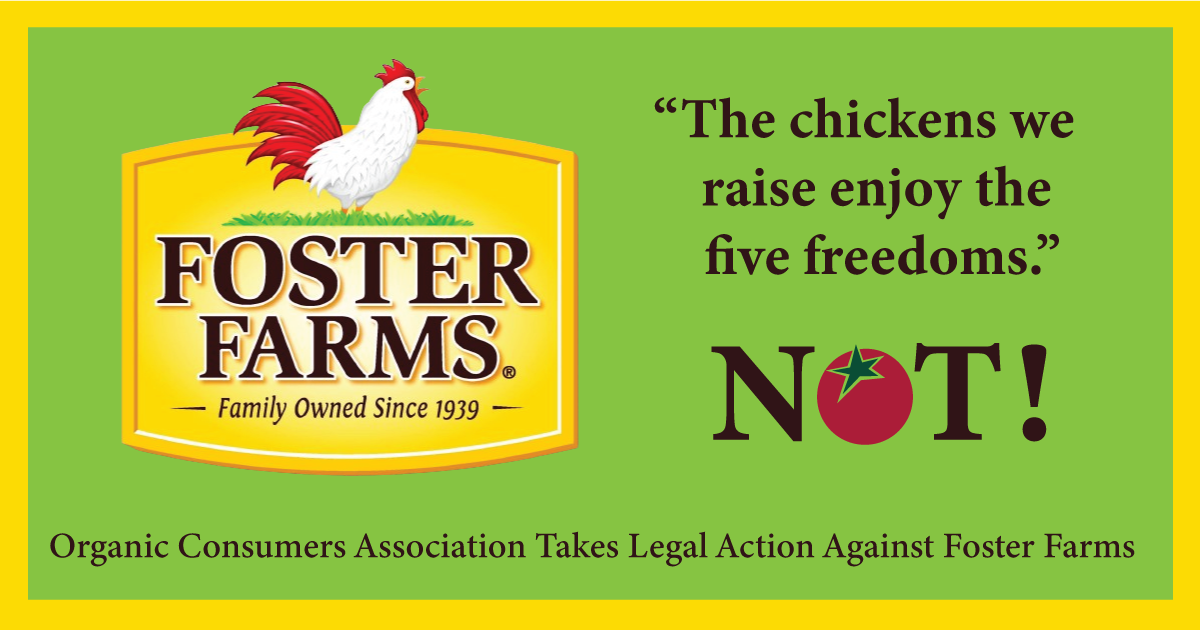Give Bees a Chance: Go Organic!
What began with the collapse of bee colonies has become a full-on insect apocalypse that scientists say is “tearing apart the tapestry of life”, devastating bird populations, impacting human health and threatening the future of foods that rely on pollinators.
The U.S. agricultural landscape is now 48 times more toxic to bees than it was 25 years ago and crop yields for apples, cherries and blueberries are already being reduced by a lack of pollinators.
Why? Because of Bayer’s business model: genetically modified seeds soaked in bee-killing neonic insecticides.

Most Recent Headlines:
Featured Videos:
News You Can Use: Attracting Pollinators
Marla Spivak: Why bees are disappearing
Organic Bytes Newsletter
Read Current Issue — April 18, 2024
Newsletter #847: OCA Takes Legal Action Against Foster Farms

In This Issue:
- Organic Consumers Association Takes Legal Action Against Foster Farms
- Regenerating the Earth, Regenerating Our Health
- The Bird Flu Food Crisis
- Introducing Homeopathy, The Film
- Foods You Never Knew Could Help Your Sleep
- Most Effective and Safest Sunscreens
- Truth-Telling
- The Vorfreude Secret: 30 Zero-Effort Ways to Fill Your Life With Joy
- Toxins Found in General Mills ‘Loaded’ Cereal
- Consumers Back Worldwide Single-Use Plastics Ban in New Survey
- Educate to Regenerate
- Other Essential Reading and Videos for the Week
Recommended Resources:
- Pesticide Action Network
- Xerces Society Report: How Neonics Can Kill Bees
- The Ultimate Guide to Beekeeping
- FOE’s National Retail and Wholesale Nursery Commitments with Policy Statements
- Beyond Pesticides Bee Protective Resources
- The Xerces Center for Invertebrate Conservation
- Friends of the Earth Bee Action Campaign
- Become a Bee City USA
- Bee Against Monsanto on Facebook
Video Library
Pollen for Food – A Solitary Solution
Neonicotinoids: The New DDT?
Marla Spivak: Why bees are disappearing
Managing Garden Insects Begins with a Question: Friend or Foe?
News You Can Use: Attracting Pollinators
Queen of The Sun: What Are the Bees Telling Us? (Trailer)
Making the Switch: Eldredge Lumber and Hardware
Bee’s Swarm Ace and True Value
Reverend Billy + the Stop-Shopping Choir: The Honeybeelujah Show
Gardeners Beware
Vanishing of the Bees – Trailer
Give Bees A Chance Song
Beneficial Insects in the Garden
Farming for Beneficial Insects: Pollinators, Predators and Parasitoids
Save Our Bees with Moby

